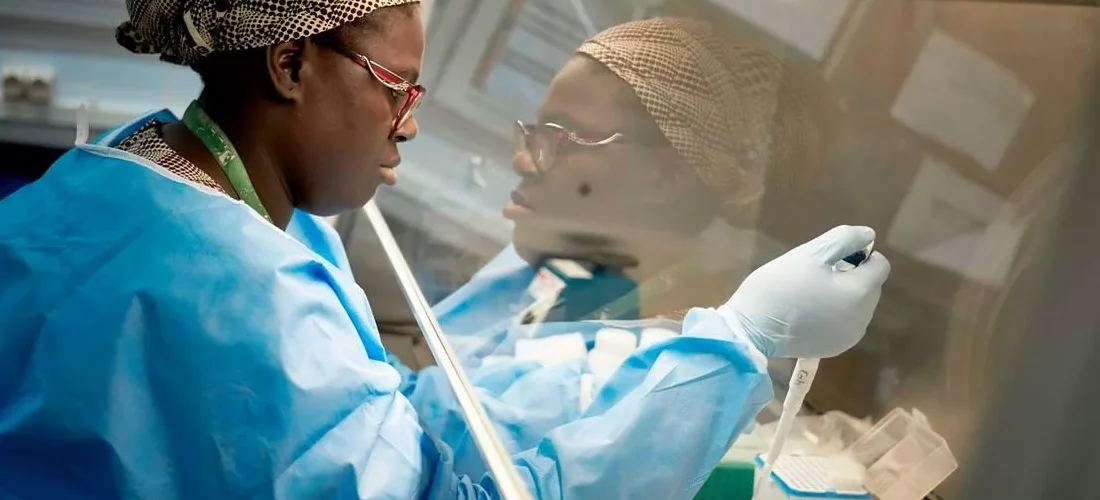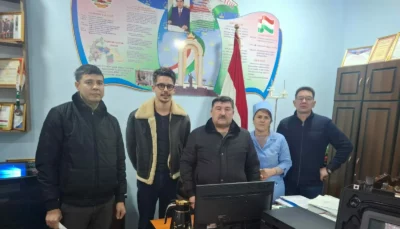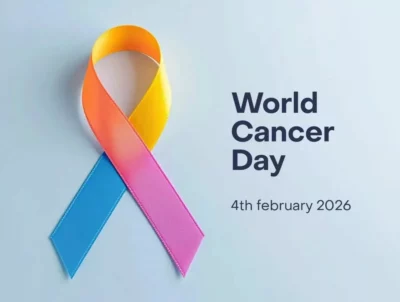Tribune | Health in Africa

-
Category
Articles
-
Published on
1 July 2025
By 2050, Africa will be home to almost 2.5 billion people, a quarter of the world’s population. This major demographic upheaval is putting health systems under extreme strain. Already, more than 50% of Africans do not have regular access to basic healthcare. This alarming fact is well known. What is less well known is that this health fragility is also one of the continent’s greatest economic, entrepreneurial and technological opportunities.
Far from a miserabilist narrative, Africa is asserting itself as a global laboratory for innovation in healthcare. Faced with the structural shortcomings of public systems, private, community and technological players are inventing agile, resilient and often frugal solutions every day. And this movement, far from being marginal, is redefining the healthcare models of the 21st century.
The drivers of this dynamic are clear: rapid demographic growth, accelerated urbanisation, the emergence of a demanding middle class, and also the rise of mobile digital technology, from teleconsultation to therapeutic monitoring applications. These factors make healthcare a sector with huge potential for investors and entrepreneurs alike.
But this expansion cannot be based solely on imported models. It calls for innovations rooted in African realities. Africa does not need a reproduction of the Western hospital-centric system. It needs a hybrid model, where local care, mobile technologies, community prevention and inclusive private services coexist, developed in particular around strategic development plans focusing on the continent’s priorities, in particular cancer, obesity, hypertension, diabetes and cardiovascular disease.
Three areas of investment for systemic change
The healthcare infrastructures of the future
Investment in centralised diagnostic structures enhanced by AI, in private clinics, specialist centres and modular hospitals, and in connected primary healthcare centres (fixed or mobile) are essential, particularly in secondary areas, which are often overlooked in major national plans. Public-private partnerships (PPPs) can play a key role in combining management efficiency with a public service mission.
Using tech to improve health
Digital health is booming: telemedicine, remote consultations, distance training for managers and staff, pregnancy monitoring applications, shared medical databases, low-cost connected diagnostic devices. Start-ups such as mPharma (Ghana), Zipline (Rwanda) and 54Gene (Nigeria) show that Africa is not just a consumer of technology, but also a creator of appropriate solutions.
Pharmaceutical sovereignty
Pharmaceutical sovereignty
The Covid-19 crisis was a stark reminder that Africa’s dependence on medicines is a strategic vulnerability. Investing in the local production of generic medicines, the development of reliable supply chains and quality regulation is an absolute priority. Several pan-African initiatives, supported by the African Development Bank and the African Union, are moving in this direction, but need to be expanded.
A frugal, inclusive, sovereign revolution
What sets health innovation in Africa apart is its ability to combine frugality and efficiency, inclusion and profitability. What is known elsewhere as ‘connected health’ or ‘medical artificial intelligence’ is adapted here to local contexts, constraints on access to energy and networks, the scarcity of healthcare professionals and local languages. This is not a marginal dynamic: it is a new paradigm for healthcare, capable of inspiring the whole world.
For a committed investment pact
While the opportunities are immense, the challenges are just as great: regulatory fragmentation, early stage funding shortfalls, inadequate training of healthcare professionals, poor health data.
To meet these challenges, an investment pact is needed, combining: patient capital and impact funds; support from international donors for local entrepreneurship; structured partnerships with governments to secure legal frameworks; a commitment by companies, particularly in the mining and oil and gas sectors, to corporate social responsibility (CSR); and mobilisation of the African diaspora as investors, mentors and solution builders.
Conclusion: treating to transform
Investing in health in Africa is not just about responding to a humanitarian or social emergency. It means building a continent’s sovereignty, strengthening its capacity for resilience, and preparing for a future in which Africa is no longer a consumer of global solutions, but a driver of systemic innovation.
It’s time for investment funds, governments, businesses and institutions to seize this opportunity. Caring for Africa also means preparing it to care for the world.
Opinion column published in Afrimag, the pan-African business magazine.



